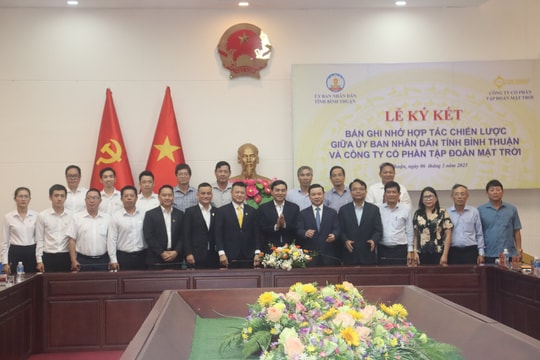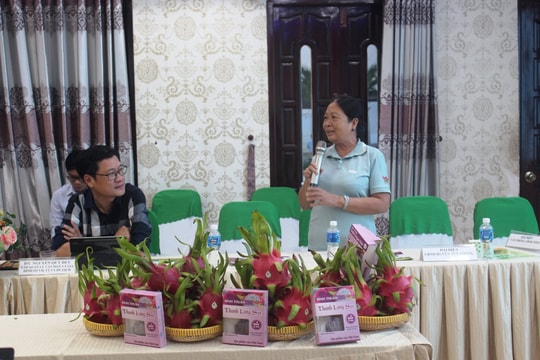 |
Vietnam ranks second in relationship fulfillment . Photo VNA
It got a PRI score of 79/100, a four-point decrease from the previous survey in 2016, indicating that relationships fulfil 79 percent of people’s needs and expectations.
While having easygoing and supportive partners continued to be important to Vietnamese, the survey revealed that humour plays a significant role in relationships, with 66 percent of those surveyed wanting to find a partner who makes them laugh or smile.
People in Vietnam are increasingly conscious about the effect of technology on their lives and personal relationships.
Sixty two per cent believed that the time spent on smart phones has a negative impact on their dynamics with the family – the highest proportion of all the markets surveyed.
According to the study, children were the leading cause of arguments between Vietnamese couples (62 percent) – the highest in the region -- followed by money issues (51 percent).
In the PRI, 41 percent of parents said the cost of bringing up children has a big impact on their relationship.
Eighty two percent of people expected to rely on their personal savings and assets to support themselves.
Unlike in most other markets in Asia, 44 percent in Vietnam expected their children to financially support them when they are old.
But 43 percent worried about becoming a burden to the family in their old age, the highest proportion in the survey.
The CEO of Prudential Vietnam Assurance Private Ltd, Stephen James Clark said, “Healthy relationships impact people’s happiness, longevity and well-being.
“The findings detail the top-of-mind concerns in Vietnam, providing us with an in-depth understanding of our customers and the things that matter most to them – their personal relationships.
“These insights reinforce our commitment to enhancing our customers’ overall quality of life by providing products and services that directly address their needs, from health and medical to savings and life protection.”
More than 4,600 people aged 25 to 55 were interviewed in Cambodia, China, Hong Kong, Indonesia, Malaysia, the Philippines, Singapore, Thailand and Vietnam.
In Vietnam, 500 people in Hanoi and HCM City were interviewed face-to-face.
Source: VNA

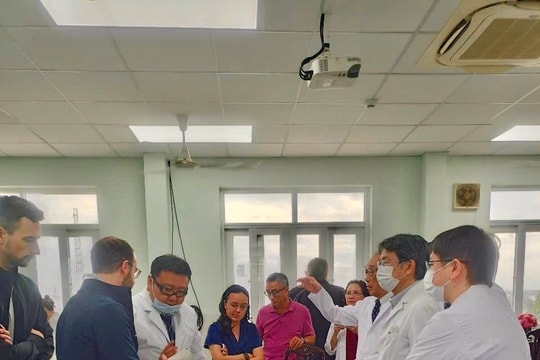
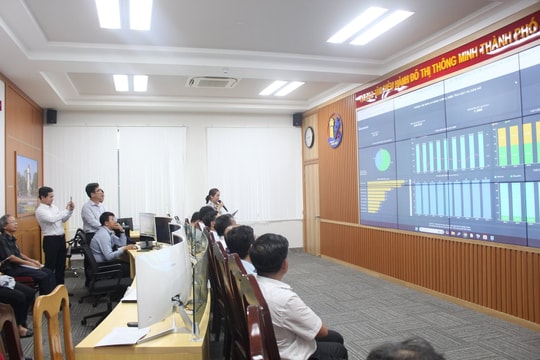
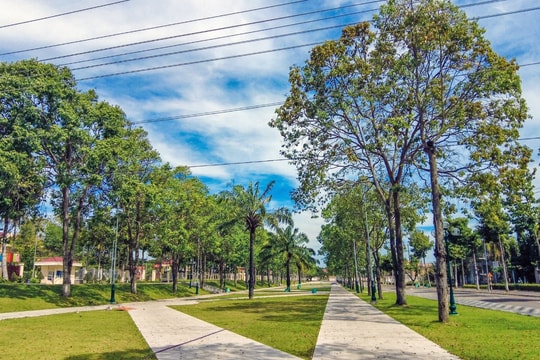


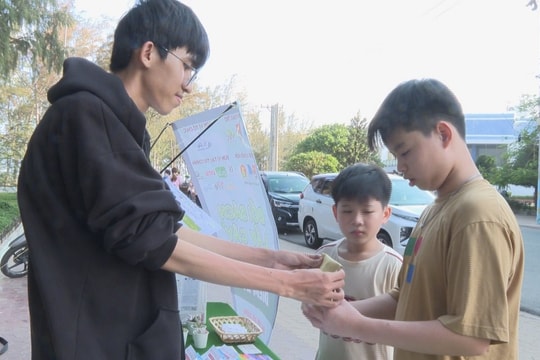





.jpg)


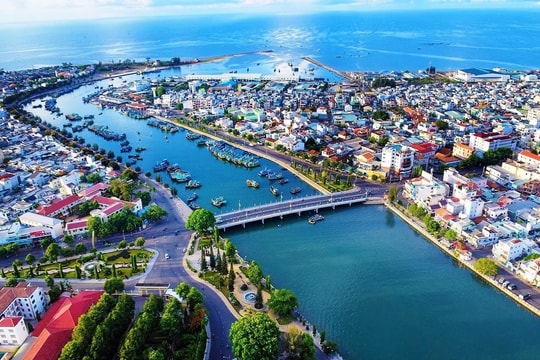


.jpeg)

.jpeg)


.jpeg)


